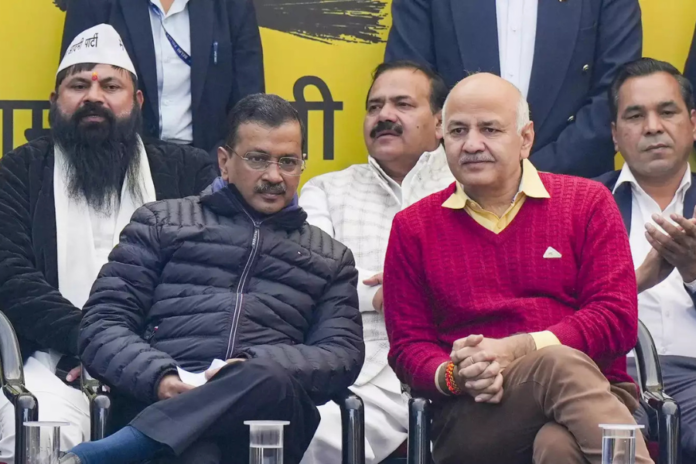The Union home ministry’s decision to authorize the Enforcement Directorate (ED) to prosecute former Delhi chief minister and leader of the Aam Aadmi Party (AAP) Arvind Kejriwal has refocused attention on the vital issue of protecting public employees from nefarious prosecutions for decisions and actions made while performing official duties.
When it comes to corruption cases, the Prevention of Corruption Act has built-in provisions that demand prior approval at two points in time: first, when a formal complaint is filed against a public official, and again, when a “previous sanction” is required for the prosecution of a public official following the conclusion of the investigation.
While the CBI’s investigations have been directed by these regulations, the Enforcement Directorate’s case against Kejriwal under the excise policy has raised questions about whether the anti-money laundering agency needs prior consent.
In the excise policy case, the ED filed a charge sheet (referred to as a prosecution complaint in ED jargon) against Kejriwal in May of last year. The court also took cognizance of the charge sheet in July. Since it argued that it did not need permission to prosecute public workers under the Prevention of Money Laundering Act, the ED at the time did not obtain permission to charge Kejriwal or any other public official. ED authorities argue that because the Prevention of Corruption Act is invoked based on a predicate offense that has already been filed, cases being investigated for the crime of money laundering cannot be compared to the PMLA.
The ED only requested permission to prosecute Kejriwal after the Supreme Court ruled in the November 2024 case of ED vs. Bibhu Prasad Acharya & Others that prior approval is required for prosecuting public workers, even in instances handled under the PMLA. The Delhi Lieutenant Governor forwarded the case to the Ministry of Home Affairs in December 2024, suggesting that Kejriwal could face charges.
Although the MHA has granted its approval, there is ongoing debate over whether the ED requires approval to prosecute in any future PMLA instances.
The central government would be the sanctioning authority in the event that a central government employee was the subject of an investigation and trial under the PMLA. Furthermore, since the investigating agency is central, it is reasonable to assume that the central government’s approval of the prosecution won’t be a problem. However, when it comes to PMLA charges that are tried against state government officials, the ED might be in a difficult situation. Since the state government itself would be primarily in charge of hiring them, if it is led by an opposition party that is already actively opposed to the ED, the latter may refuse to grant the central agency permission, which would cause many PMLA cases to be put on hold.
The “general consent” granted to the CBI to operate in their states has already been revoked in a number of opposition-ruled states.
For the time being, the stage is set for the trial of the AAP leader after MHA approved the prosecution of Kejriwal. The “then sitting chief minister and chief of a national party with two state governments was jailed without a sanction only to be granted bail by courts,” the AAP said in response to the events.
The PMLA court stated unequivocally that Arvind Kejriwal was not the subject of any evidence. The public now sees through this act, the party stated, adding, “It is now coming to light that all of this was being done without a prosecution sanction.”



